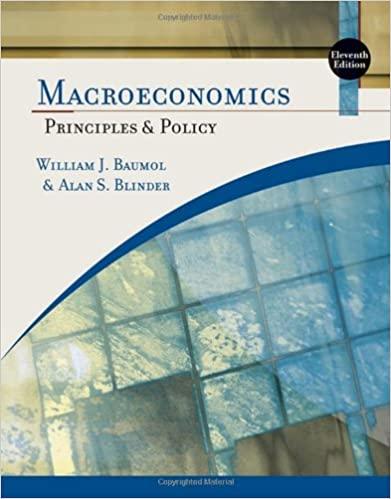Question
Case Study: What is Different about Emerging Economies? Starting with economic differences, the most obvious are the emerging economies' lower per capita incomes and faster
Case Study: What is Different about Emerging Economies?
Starting with economic differences, the most obvious are the emerging economies' lower per capita incomes and faster real growth rates. But even those characterizationsfail to apply to every emerging economy: The International Monetary Fund lists both Qatar and Yemen as emerging or developing even though they had the world's third-highest Gross Domestic Product (GDP) per capita and lowest real growth rate, respectively, in 2015.
From a business perspective, lower research and development (R&D) intensity in emerging economies is particularly salient, given the association between R&D (and advertising) intensity with resources that enable firms to become multinational. Also, the higher proportion of GDP coming from the industrial sector in emerging economies implies that it is no longer appropriate to treat 'industrialised countries' and 'advanced economies' as synonymous [2].
Culturally, there are statistically significant differences on three of Hofstede's dimensions of national culture [3]. Greater power distance, collectivism, and long-term orientation in emerging economies all imply requirements for executives to vary leadership practices. Based on data from the World Values Survey, people in emerging economies accord work a higher priority in their livespresumably an advantage for employersbut have lower levels of trust in foreigners, which can complicate international business activities in particular. Furthermore, the higher cultural fractionalisation and lower representation of women on boards in emerging economies highlight the importance of thinking about diversity within as well as across countries.
Administratively, emerging economies rank significantly worse than advanced economies on indicators of institutional quality, e.g., rule of law, political stability, and control of corruption, all of which can dampen international business activity. According to an estimate by Shang-Jin Wei, 'an increase in the corruption level from that of Singapore to that of Mexico would have the same negative effect on inward FDI as raising the tax rate by fifty percentage points. 'Emerging economies also require more documents to conduct international trade and rank lower on the World Economic Forum's Enabling Trade [4].
Surprisingly, despite their administrative weaknesses, publics in emerging economies express greater confidence in their governments. Emerging economies also present distinct geographic conditions. They average lower levels of urbanisation which impact both demand patterns and supply chains. Temperature levels are also higher, on average, in emerging economies. And while emerging economies' higher likelihood of being landlocked is not statistically significant, infrastructure deficiencies make landlocked emerging economies far less accessible than landlocked advanced economies.
Questions
- Why should business managers critically think of the higher cultural fractionalization and lower representation of women with regards about diversity across emerging economies?
- How can the poor administration strategy of emerging economies dampen international business activity?
- How might infrastructure affect business in emerging economies?
Step by Step Solution
There are 3 Steps involved in it
Step: 1

Get Instant Access to Expert-Tailored Solutions
See step-by-step solutions with expert insights and AI powered tools for academic success
Step: 2

Step: 3

Ace Your Homework with AI
Get the answers you need in no time with our AI-driven, step-by-step assistance
Get Started


